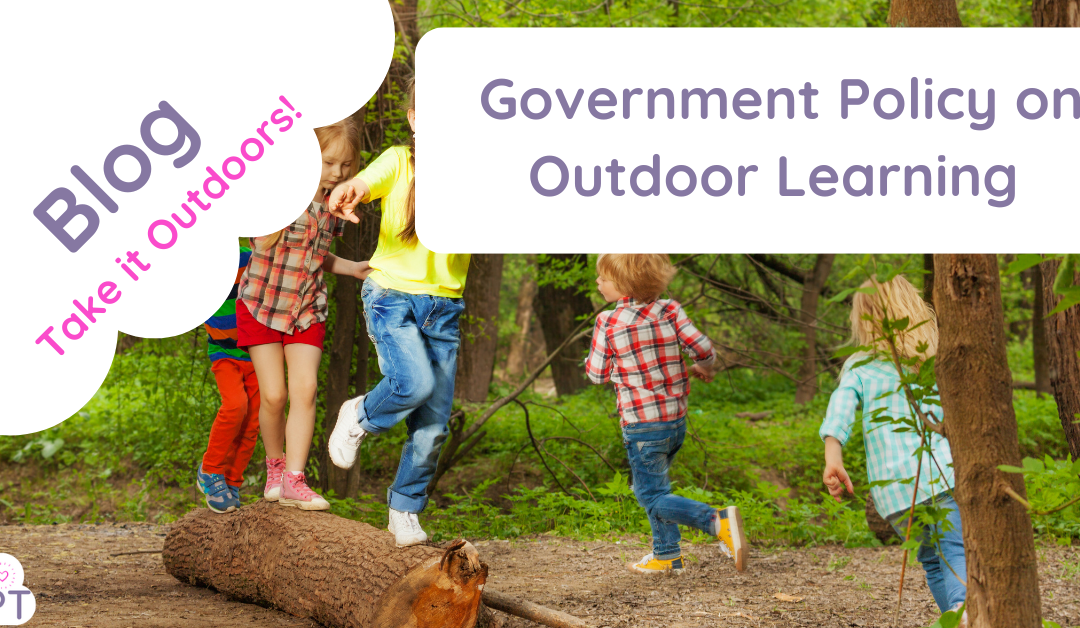Government Policy on Outdoor Learning: A Pathway to Holistic Education
Outdoor learning is a transformative approach to education that takes students beyond the confines of the traditional classroom and into the natural world. This dynamic method of teaching and learning leverages the power of nature to create engaging, hands-on experiences that enhance academic skills and promote physical health, emotional well-being, and environmental stewardship.
Theoretical Foundations of Outdoor Learning
The roots of outdoor learning theory can be traced back to the pioneering work of educational theorists like Jean Piaget and Lev Vygotsky. They emphasized the importance of experiential learning and the role of the environment in shaping cognitive development. More recent approaches, such as the Forest School movement, have further underscored the value of outdoor learning in fostering a deep connection with nature and promoting holistic development.
Government Policies on Outdoor Learning
Government policies play a crucial role in promoting and facilitating outdoor learning. In England, the Natural Connections Demonstration project, funded by Natural England, Defra, and Historic England, worked with 125 schools to promote outdoor learning for pupils and teachers. It found that outdoor learning improved pupils’ engagement, behaviour, health, well-being, and teachers’ job satisfaction and teaching practice.
The UK government has also published guidance to help anyone who organises high-quality outdoor learning, educational visits, and adventurous activities, including residential and overseas visits. This guidance is designed to support safe, high-quality learning experiences for young people and is enabling rather than restrictive.
Muddy Puddle Teacher’s Approach
The Muddy Puddle Teacher offers a wealth of resources for outdoor learning to support government policy on outdoor learning. Their approach is built on substantial evidence of the benefits and challenges schools face when embedding outdoor learning into core teaching. They provide practical ideas for implementing outdoor classrooms and offer a range of resources for further exploration.
In conclusion, outdoor learning theory provides a robust framework for holistic education. It enhances academic performance and promotes physical and mental well-being, social and emotional development, and a deeper connection with nature. As educators, we are responsible for integrating outdoor learning into our curriculum and providing our students with these invaluable experiences.


